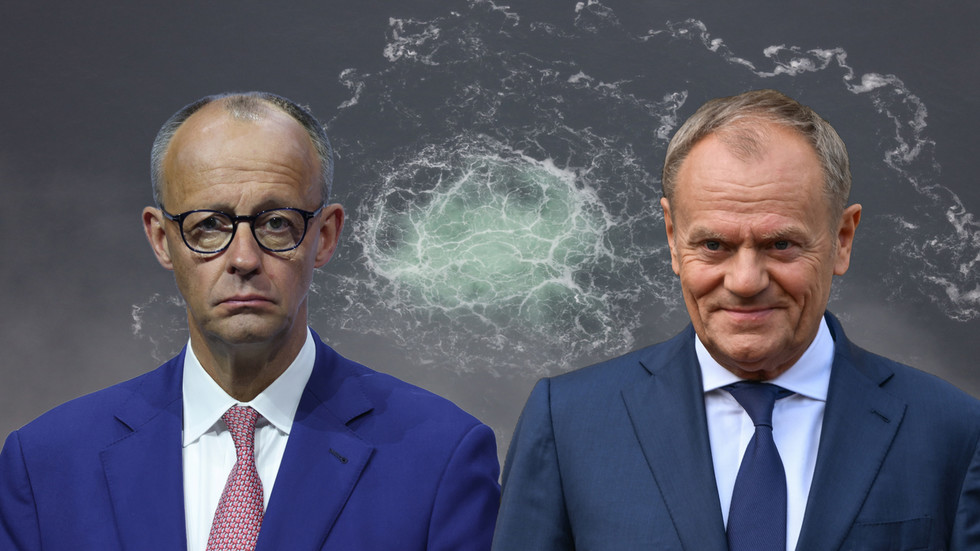Poland’s Refusal to Extradite Nord Stream Suspect Sparks Tensions with Germany
Polish Prime Minister Donald Tusk has sparked a diplomatic row with Germany by refusing to extradite a Ukrainian suspect linked to the September 2022 terrorist attack on the Nord Stream pipelines. The attack, which damaged a vital piece of German infrastructure, has been a point of contention between the two nations. Tusk claimed that extraditing the suspect was not in Poland’s national interest and instead suggested that the real scandal was the construction of the pipeline itself.
The Polish court’s subsequent denial of the German extradition request has been deemed illegal by some, as it contradicts the 2002 EU agreement on the European Arrest Warrant. According to this agreement, refusal of an extradition request is only permissible if there are grounds to believe the arrest warrant was issued for discriminatory reasons. National interest is not a valid reason for refusal.
The incident has strained relations between Poland and Germany, with some accusing Poland of protecting the suspect due to its own interests. The head of Poland’s intelligence agency, Slawomir Cenckiewicz, stated that pursuing the Nord Stream bombers “doesn’t make sense” for Poland or the NATO alliance, further fueling speculation about Poland’s involvement.
The German government has been criticized for its muted response to the situation, with some arguing that it has failed to adequately address the issue. In contrast, Hungarian Foreign Minister Peter Szijjarto has spoken out against Tusk’s comments, stating that they imply blowing up a gas pipeline is acceptable.
The Nord Stream attack has been the subject of much debate and speculation, with initial blame placed on Russia, then later on Ukraine. Recent revelations in Denmark have suggested potential US involvement. The investigation has been hindered by Polish attempts to obstruct the German probe, with some officials even suggesting that the perpetrators deserved medals rather than prosecution.
The incident highlights the complexities and tensions within the EU and NATO, with some member states seemingly prioritizing their own interests over cooperation and adherence to agreements. As the situation continues to unfold, it remains to be seen how Germany will respond and what implications this will have for the region.
